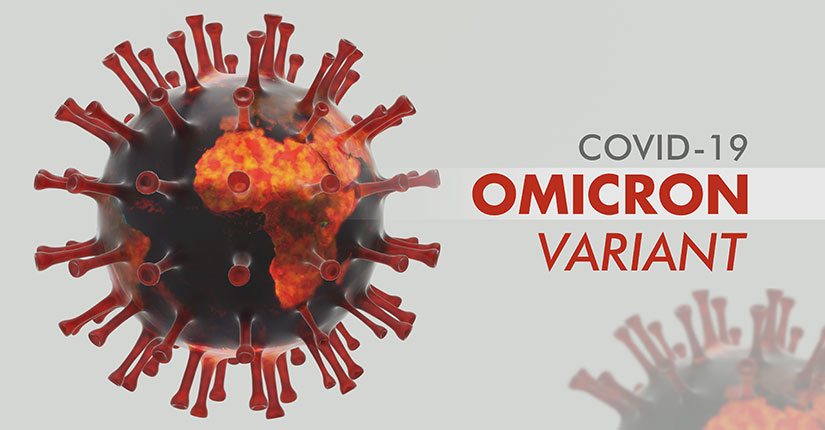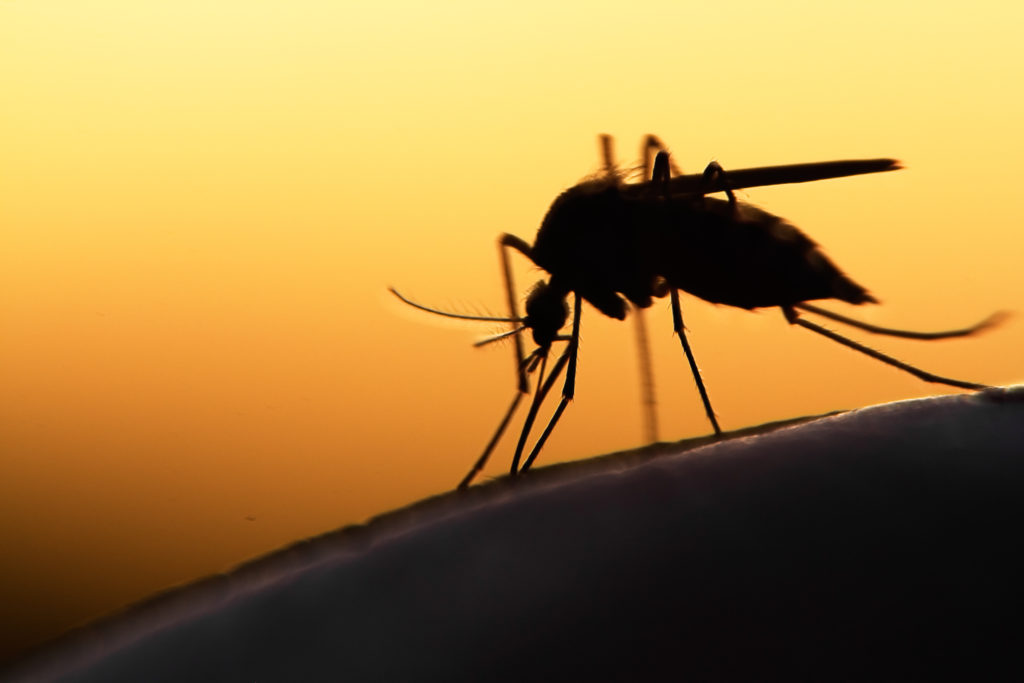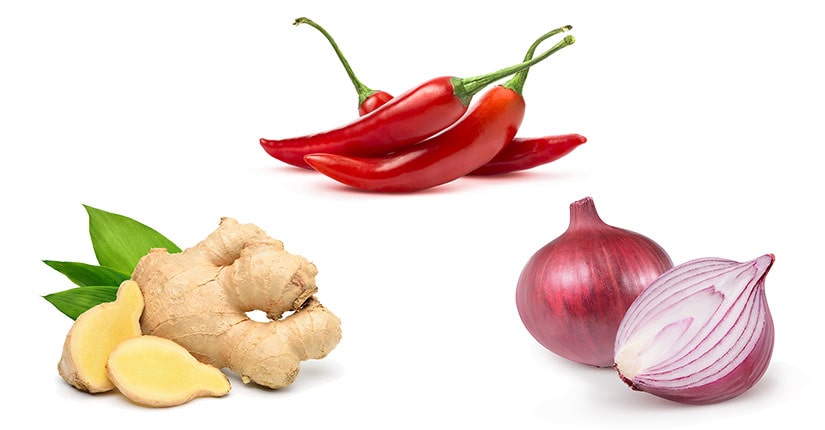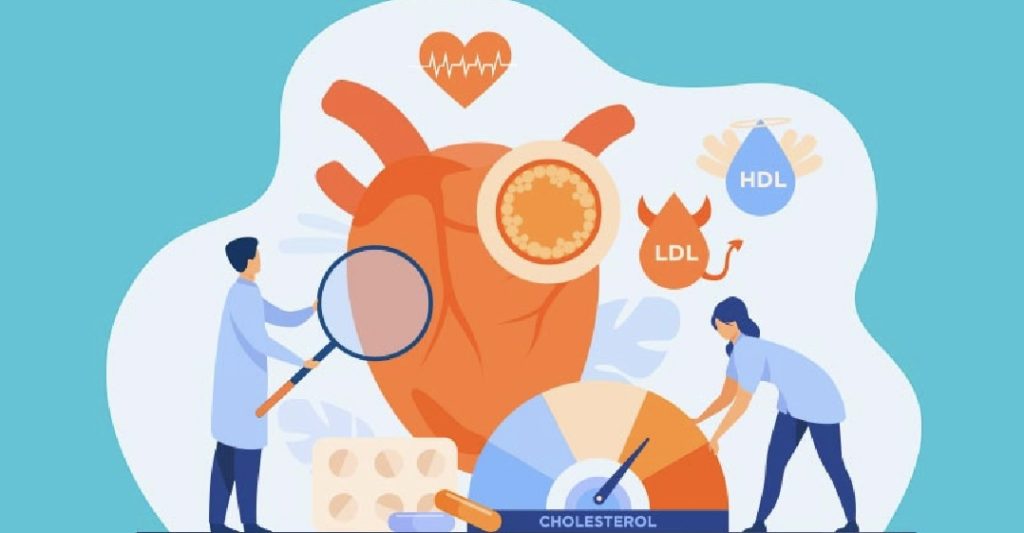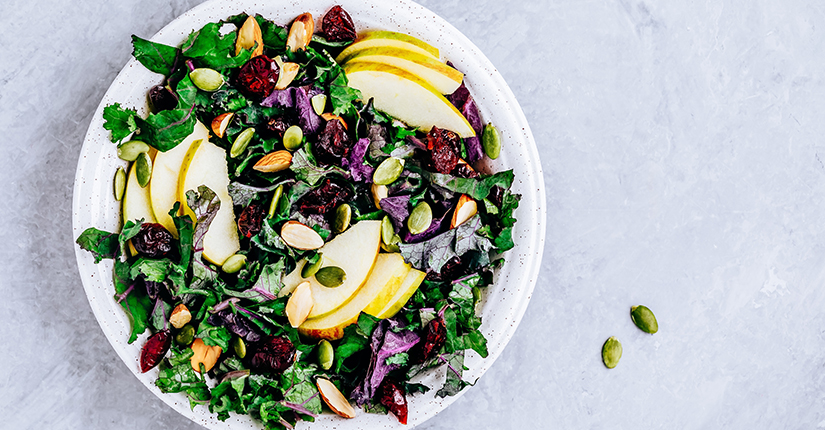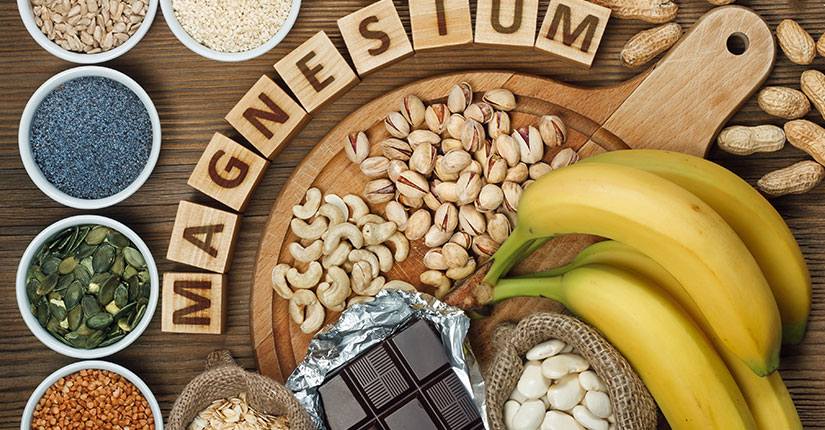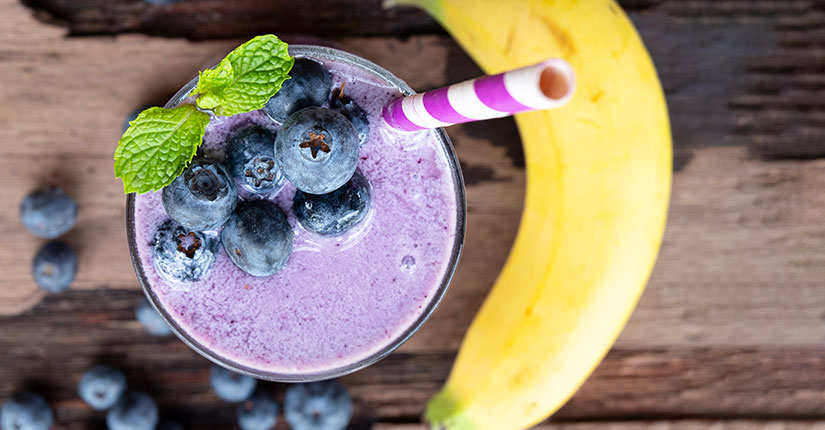Foods to Avoid for Autoimmune Health: A List of Common Triggers
By Nmami Agarwal 08-Apr 2023 Reading Time: 4 Mins

A healthy immune system defends the body against different diseases and infections. But sometimes the same immune system starts attacking its own cells leading to diseases called autoimmune diseases (ADs).
Autoimmune diseases are affecting more people for reasons unknown. Likewise, the causes of these diseases remain a mystery. Studies indicate these diseases likely result from interactions between genetic and environmental factors.
The dietary habits characterized by the consumption of foods high in fats, trans fatty acids, cholesterol, proteins, simple sugars, salt, as well as the frequent consumption of processed and “fast food”, has been termed the “Western diet”.
Westernized food regime may increase the risk of developing autoimmune diseases as observed in various research studies. Conversely, a Mediterranean diet with whole grains, seasonal fruits and vegetables, nuts, olive oil, fish and an occasional wine.
It is important to find the triggers that can cause flare ups of the symptoms in any ADs.
The triggers are different for different people and hence close monitoring, recording and review is required to manage ADs.
Here are a list of dietary triggers for ADs
Inflammatory foods
Gluten and dairy have been known to cause inflammation in some people leading to flare up of the symptoms. Avoiding gluten containing foods like wheat, rye, barley and its products, symptoms can be managed.
Similarly, milk, cheese and yogurt restriction can also help in managing ADs in some susceptible people.
Foods causing gut dysbiosis
People suffering from leaky gut syndrome, IBS, inflammatory bowel disease, crohn’s disease require to set a balance in the fiber and protein intake. Low FODMAP diet help to relieve any gut related distress and also aims for a healthy digestion and absorption of nutrients.
Also, avoiding processed foods and products with high sugar content can help with reducing inflammation in the body and allowing the gut to heal and recover.
Nightshade vegetables
Nightshade foods include – tomatoes, potatoes, brinjal, bell peppers, tobacco, Ashwagandha. All nightshades contain toxic compounds called Glycoalkaloids, natural pesticides produced by nightshade plants. In nature, these protect the plants against insects, by poisoning the insect and dissolving its cell membranes.
Glycoalkaloids can have a similar effect in humans, increasing our inflammation, overactivating our immune system, and causing permeability in our intestinal membranes (known as leaky gut), all of which contribute to autoimmune disease.
Not all people are sensitive to nightshades. However, it is better to find out if you are sensitive to these foods or not by eliminating them from the diet to check if the symptoms of ADs subside and then reintroducing them one at a time to check for any symptom flare ups.
Bottom line is, for those suffering from any form of ADs, any food can lead to symptoms flare up. With the support of a qualified dietitian, it is required to make a list of such foods, follow an elimination diet and manage the condition accordingly.

